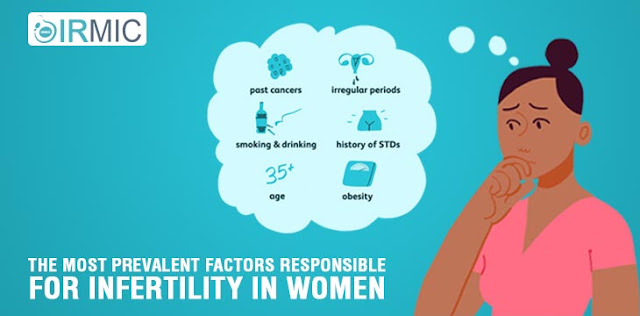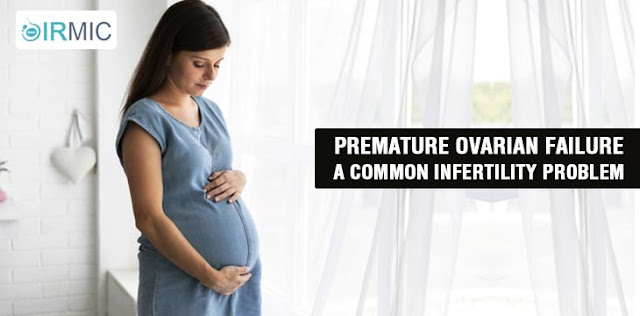The Most Prevalent Factors Responsible For Infertility In Women
Polycystic Ovary Syndrome (PCOS) A Key Cause Of Infertility In Women
PCOS is the most frequent cause of impotence in women. The disorder is caused by a hormonal irregularity that results in a range of small cysts on the ovaries. It also drives your whole cycle out of thump, prompting irregular periods, or even no ending-pitch at all for a few months at a time. Millions of women are experiencing it without even understanding it. According to the PCOS foundation, 10 percent of women of childbearing age are hit, but less than half are diagnosed. You need to meet your doctor if you’re experiencing these complex signs of PCOS.Other Hormonal Circumstances That Influence Ovulation
Infrequent ovulation is the principal reason in about 25 percent of infertility problems while PCOS is the most popular of these, generating 70 percent of irregular ovulation-related infertility problems, hormonal irregularities can affect or prevent ovulation in other ways and lessen the chance of conceiving.In most of these situations, the main culprit is the dysfunction of the hypothalamus in the brain and its attached pituitary gland, which is responsible for secreting reproductive hormones. Changes in the levels of follicle-stimulating hormone, luteinizing hormone, and the hormone prolactin, can all impact ovulation.
One of these disorders is called primary ovarian syndrome also called premature ovarian failure, which is when a woman’s ovaries end operating regularly or become exhausted before they reach 40 years old. It’s less popular than PCOS, hitting 1 in 100 women younger than 40, and can also be prompted by genetics or an autoimmune factor.
Endometriosis is an ailment where the tissue that overlays the uterus begins to grow in other places, like the ovaries, behind the uterus, or in the fallopian tubes, inducing irritation and the development of scar tissue (adhesions). Besides being remarkably painful it can create it very difficult to get pregnant by hindering the fallopian tubes, obstructing implantation, creating inflammation in the pelvis, and even modifying egg quality. Adhesions can also form after pelvic operations or injury to the reproductive devices, such as expansion and curettage (D&C) during reproduction termination or miscarriage, or a previous C-section.
While surgery differs from person to person, surgically eliminating the scar tissue can develop the chances of becoming pregnant particularly when joined with fertility treatments such as IVF.
Sexually transmitted Infection and growths in the reproductive system Endometriosis is the most obvious physical difference in the reproductive system that impairs fertility. But other anatomical variations in the uterus, ovaries, and fallopian tubes can hit the capability to get pregnant.
The most predictable of these is a blockage in the fallopian tubes. Tubal infection is most hopefully caused by an organism that starts in the cervix and then goes up into fallopian tubes. The most common of it is gonorrhea and chlamydia and if left untreated, it can begin scarring of the fallopian tubes. That’s where the egg and sperm adhere, and they’re not able to if it’s prevented.
In many instances, this blockage can be repaired surgically, but oftentimes, when the destruction is extensive, fertility specialists will go right to IVF since it merely takes the tubes out of the whole process. Other elements that can reduce your chances of conceiving are uterine fibroids, polyps, and cysts.
Reference
Let it be any reason of Infertility Dr RK Sharma, The Best infertility Doctor in Delhi could help you come out of any of the reasons of Infertility issues.Content Source : https://drrksharmaivf.in/blog/the-most-prevalent-factors-responsible-for-infertility-in-women/




Comments
Post a Comment